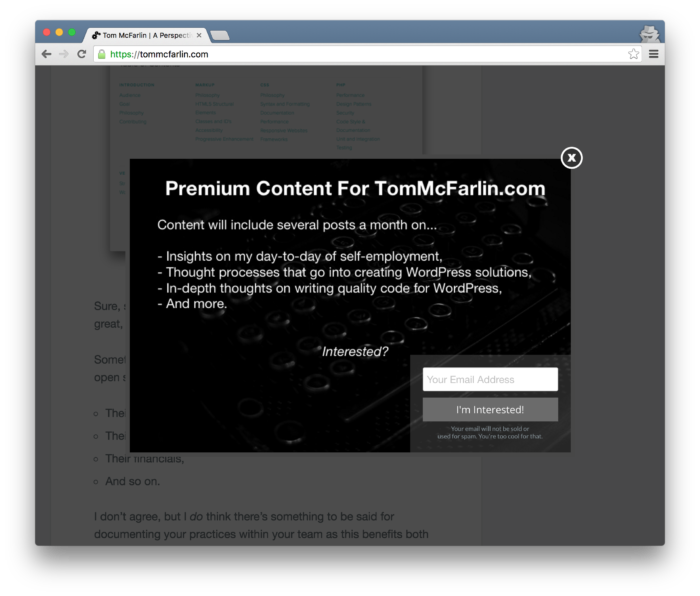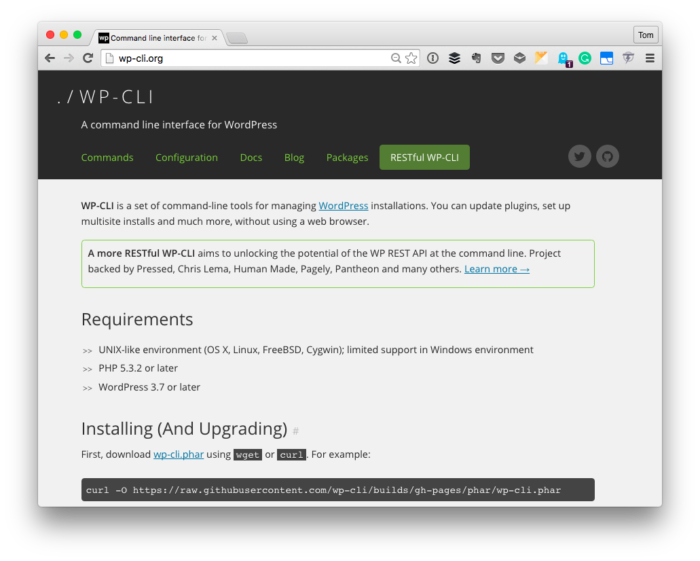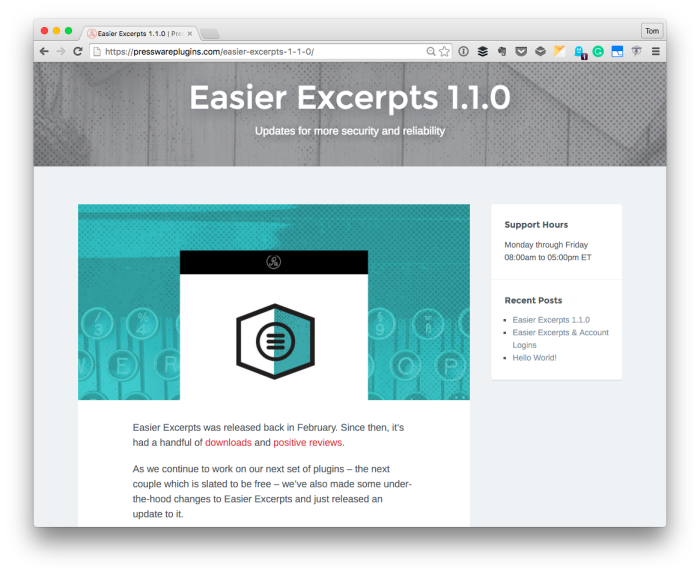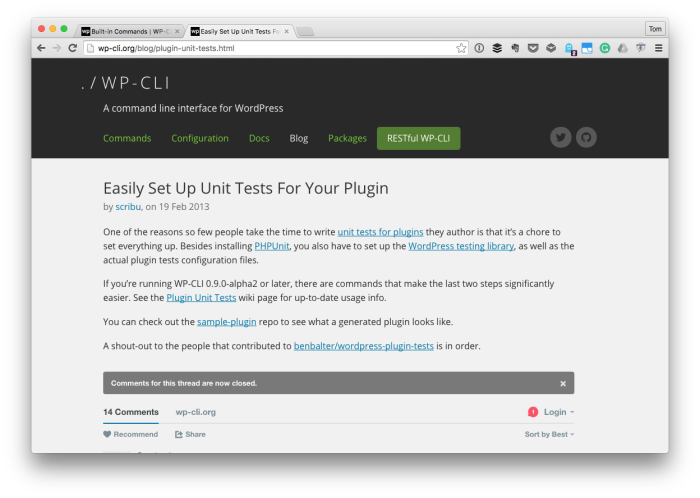Premium content is one of those things that means different things to different people whenever it comes to blogging. Sometimes, people think it refers to a pay-to-play forum; others believe that it has to do with some “I’ll give you my email address in exchange for your e-book.”
I’m not knocking any of these approaches, but that’s not what I’m trying to do. I’ll come back to this momentarily, though.
If you’ve been visiting this site in your browser for the last few days, you’ve likely seen something like this:

And back when I first launched The First Version, the pop-up worked quite well. In fact, this dialog is doing a great job generating leads, too. However, more than a few of you have expressed interested in premium content while simultaneously expressing frustrations with this approach.
So in exchange for disabling the dialog, I thought I’d write a post and share an opportunity to sign up for more information in the context of its page.



